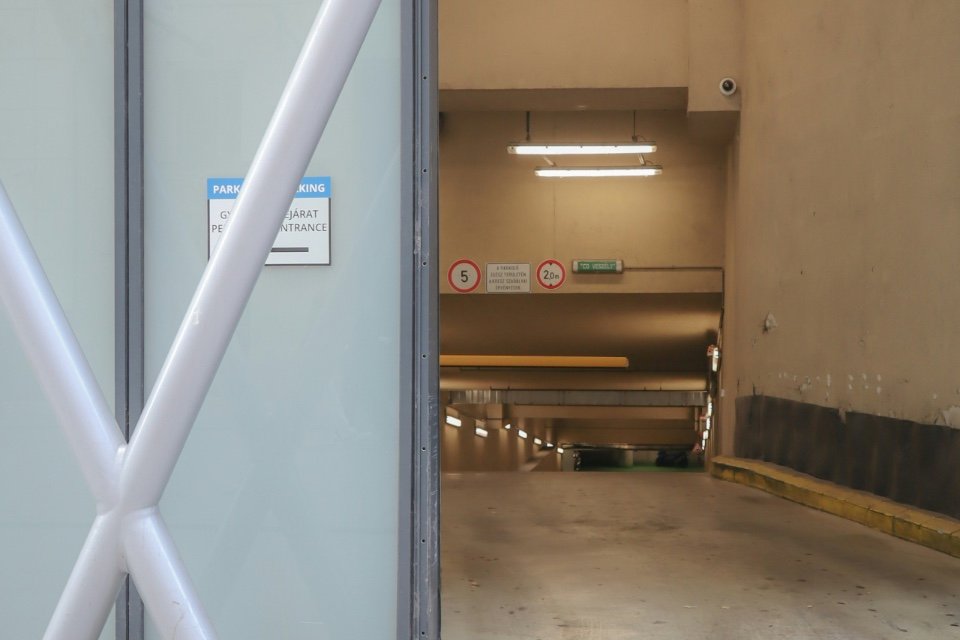Access control technologies are poised for significant evolution. Driven by technological innovation, heightened security needs, and changing user expectations, the future landscape of access control promises to be both exciting and transformative. Here’s a look at how these technologies are likely to evolve in the coming years…
- Integration of Biometric Technologies: Biometrics is set to take centre stage in access control. Technologies like facial recognition, fingerprint scanning, and iris recognition are becoming increasingly sophisticated and reliable. In the future, we can expect these methods to become more widespread, offering a higher level of security by ensuring that access is granted based on unique individual traits, which are much harder to replicate or steal than traditional keycards or PIN codes.
- AI and Machine Learning Enhancements: Artificial Intelligence (AI) and Machine Learning (ML) will play a pivotal role in advancing access control systems. These technologies will enable systems to learn and adapt over time, improving their ability to detect anomalies and prevent unauthorized access. AI can also aid in predictive analysis, foreseeing potential security breaches before they occur and suggesting preventive measures.
- Mobile and Cloud-based Solutions: The shift towards mobile and cloud-based access control systems is expected to accelerate. Mobile credentials, which allow access via smartphones or wearable devices, offer greater convenience and flexibility. Cloud-based systems, on the other hand, provide scalability, remote management capabilities, and real-time updates, which are indispensable for modern, dynamic security environments.
- Integration with IoT and Smart Building Technologies: Access control systems will increasingly integrate with the Internet of Things (IoT) and smart building technologies. This integration will enable a more holistic approach to building security and management, allowing access control to interact seamlessly with other systems like HVAC, lighting, and fire safety, enhancing overall building efficiency and security.
- Advanced Analytics for Enhanced Security: Advanced analytics will become a key component of access control systems. By analysing data on access patterns and user behaviour, these systems will be able to identify potential security threats and improve overall system management.
- Emphasis on User Experience: Alongside security, user experience will be a major focus. Future access control systems will strive for a balance between robust security measures and ease of use. User-friendly interfaces, simplified management, and personalised access experiences will be crucial for widespread adoption.
- Sustainability Considerations: As sustainability becomes a global priority, access control technologies will also evolve to be more energy-efficient and environmentally friendly. This could involve the use of sustainable materials in manufacturing and energy-saving features in operation.
- Greater Emphasis on Data Privacy and Compliance: With the increasing use of data-intensive technologies like biometrics and cloud-based systems, data privacy and compliance with regulations like GDPR will become more critical. Future access control systems will need to ensure robust data protection and privacy measures.
The future of access control technologies in physical security is set to be marked by greater integration of advanced technologies like biometrics, AI, and IoT. These systems will not only become more sophisticated and secure but also more user-friendly and aligned with broader trends such as sustainability and data privacy. As these technologies evolve, they will play an increasingly crucial role in shaping the security landscape of the future.
Are you looking for Access Control solutions for your organisation? The Total Security Summit can help!
Photo by Bernard Hermant on Unsplash







